Our Response to the ‘Universal Credit and Personal Independence Payment’ Bill
Savings from tightening PIP rarely materialise
▪ Introduced in 2013 to replace Disability Living Allowance, PIP was meant to reduce caseloads by 600,000 households and cut spending by 20%. By 2016 the Office for Budget Responsibility (OBR) judged that just one-tenth of the anticipated savings would be realised.
▪ We reviewed every proposal to cut disability benefits since PIP began, and matched them to what the OBR concluded was saved. Measures designed to cut £18bn from 2016-2021 only saved, at most, £0.8bn or 8% of the headline figure (here).
▪ Tightening eligibility through PIP was difficult to implement and restricting mental health conditions was ruled unlawful. The same idea as current proposals was also proposed in 2016 but quickly abandoned as unworkable within a year.
The Government is ignoring how flawed the PIP process is
▪ 70% of PIP appeals succeed at tribunal; 96% succeed on the same evidence the DWP already held (DWP, 2025). We believe the reason 87% of PIP standard-rate claimants only received points from two-point descriptors is due to flaws in the assessment process, not because they are ‘low-needs’.
▪ Two-point descriptors relate to objective questions (e.g. would an aid help you in the kitchen or bathroom?) but higher scoring ones are subjective (e.g. Do you need supervision or prompting when cooking or bathing?) and can easily be misunderstood.
▪ Tribunal wait times, historically around 29 weeks (HMCTS, 2025), have worsened in last quarters. Many claimants now wait 11–13 months just waiting to receive a hearing date. Nearly half of reassessment appeals “lapse” where the DWP concedes just before the tribunal is heard.
▪ Larger backlogs, higher tribunal volumes and additional NHS and social-care demand, mean savings will likely be just £100m a year in 2030, 2% of the target.
To Conclude
Most people will agree that our welfare system is broken, and in serious need of reform. However, this rushed, flawed process, is ‘all pain, no gain’. It has the potential to cause an enormous amount of damage to the health and wellbeing of disabled people, and as we have analysed, it will likely not produce the savings that it is intended.
We urge the Government to pause, and use its time in this Parliament to build a welfare system that is fit for the future, centering the voices of disabled people and carers in its design. There are four years until the next election - there is time to get it right, instead of this rushed, damaging approach.
